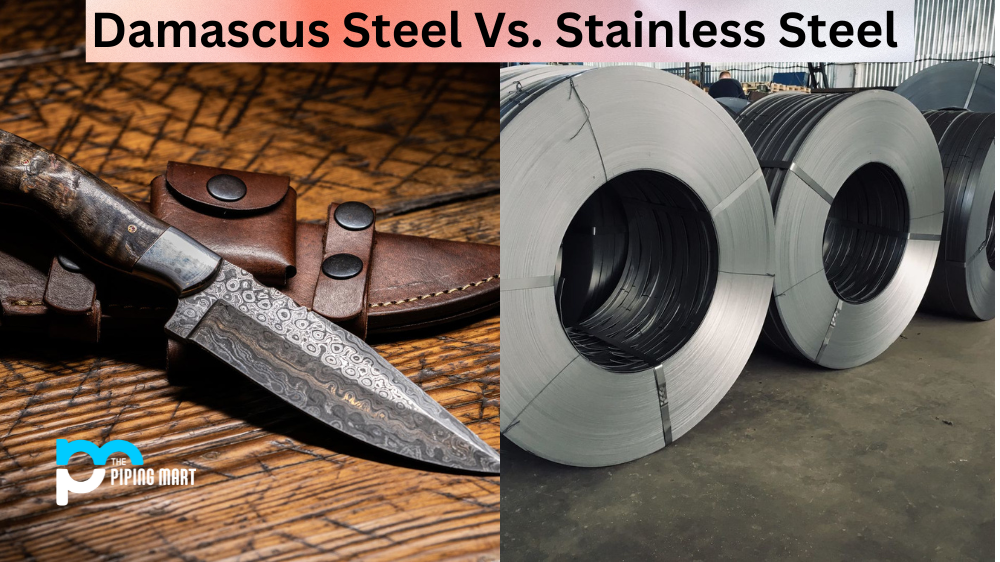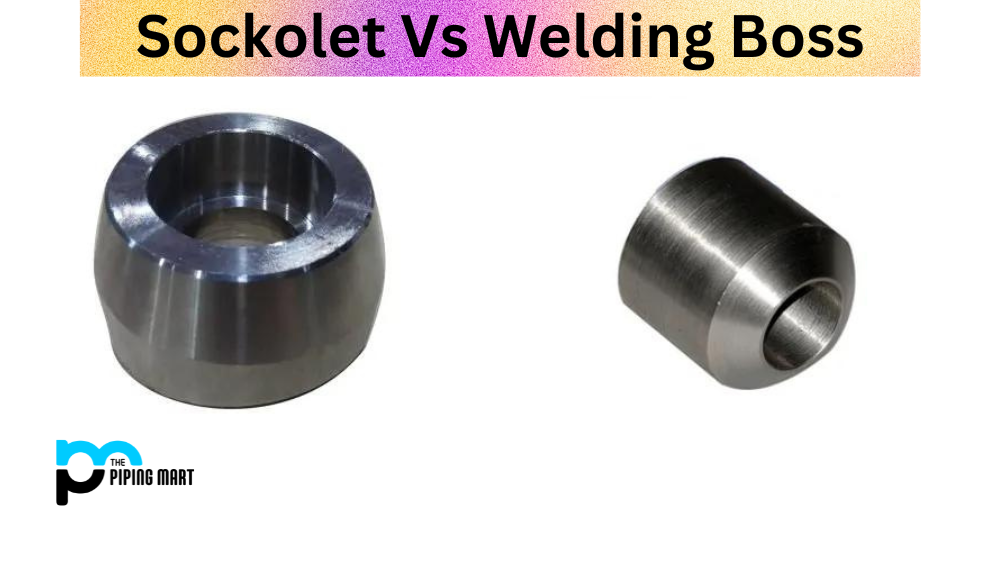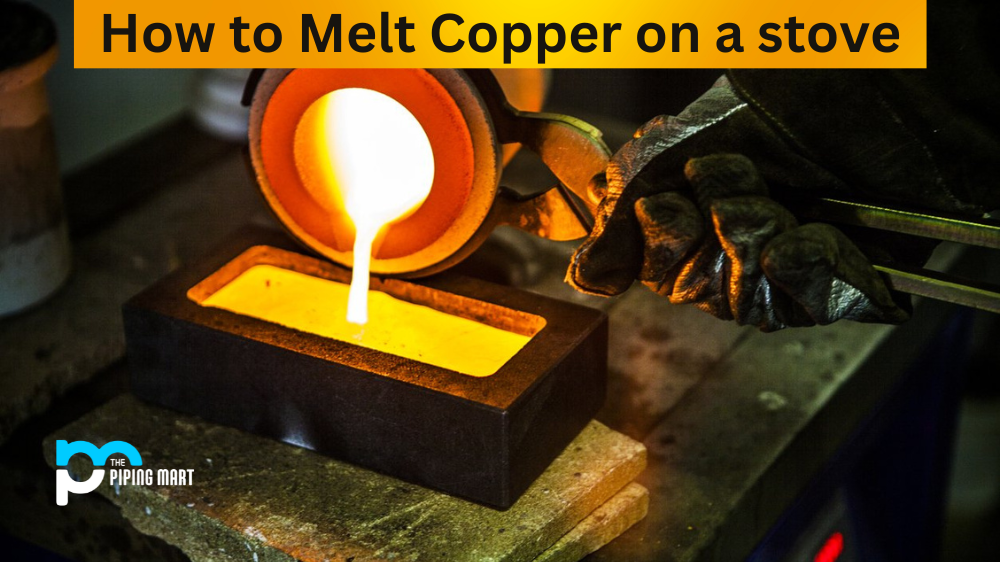When it comes to metal, there are wide different varieties that can be used for a variety of purposes. Two of the most popular types of metals are Damascus steel and stainless steel. But what is the difference between these two materials? Knowing the differences between them can help you make an informed decision when it comes to choosing which type of metal is best suited for your project. Let’s take a look at the key differences between Damascus steel and stainless steel.
Difference Between Damascus Steel and Stainless Steel
The first key difference between Damascus steel and stainless steel is that Damascus steel is made using a unique forging process that layers multiple metals together, producing its distinctive pattern. This pattern not only makes Damascus steel visually appealing but also helps to strengthen the material. On the other hand, stainless steel is created by adding chromium to iron, making it corrosion-resistant but not as strong as Damascus steel.
Another key difference between these two materials is their durability. Because of its layered design, Damascus steel is incredibly strong and durable – perfect for blades or tools that will be subjected to wear and tear on a regular basis. Stainless steel, on the other hand, tends to be less durable than Damascus steel and may not hold up well under repeated use or wear and tear over time. However, due to its corrosion-resistant properties, stainless steel may still be preferable in certain applications where long-term durability isn’t a factor or where rust prevention is desired, such as kitchen sinks or outdoor furniture.
Finally, one last major difference between these two metals is their cost. Generally speaking, Damascus steel tends to cost more than stainless steel due to its unique forging process and a higher level of strength and durability compared to stainless steel. Therefore if you’re looking for something that will stand up well over time without breaking your budget, then stainless steel might be the better option for you.
Composition
The first difference between Damascus steel and stainless steel is in their composition. Damascus steel is made of carbon steel with trace amounts of other metals, such as molybdenum, vanadium, chromium, and tungsten. Stainless steel, on the other hand, is an alloy of iron and chromium. The chromium content in stainless steel ranges from 10-30%, which gives it its corrosion-resistant properties.
Manufacturing Process
Another difference between Damascus steel and stainless steel is in their manufacturing process. Damascus steel was traditionally made by forge-welding together layers of low-carbon iron and high-carbon iron. The resulting material was then hammered and twisted to create the distinctive Damascus pattern. Stainless steel, on the other hand, is made by melting together iron, chromium, and other alloying elements at very high temperatures.
Properties
As a result of their different composition and manufacturing processes, Damascus steel and stainless steel have different properties. Damascus steel is known for its strength and durability, as well as its unique patterns. Stainless steel is known for its corrosion resistance and ease of maintenance. It should be noted that both materials are susceptible to rust if not properly cared for.
Uses
Due to their different properties, Damascus steel and stainless steel are used for different purposes. Damascus steel is often used for making knives, swords, and other cutting tools due to its strength and durability. Stainless steel is commonly used in the food industry due to its corrosion resistance.
Conclusion:
In conclusion, both Damascus steel and stainless steel have their own advantages depending on what you need them for. For instance, if you want something with superior strength, then Damascus steel is likely your best bet, whereas if you’re looking for something with good anti-corrosion properties, then stainless steel may be more suitable for your needs. Ultimately it all comes down to what you need from your material, so make sure you take these factors into consideration when deciding which type of metal is right for your project!

A passionate metal industry expert and blogger. With over 5 years of experience in the field, Palak brings a wealth of knowledge and insight to her writing. Whether discussing the latest trends in the metal industry or sharing tips, she is dedicated to helping others succeed in the metal industry.




